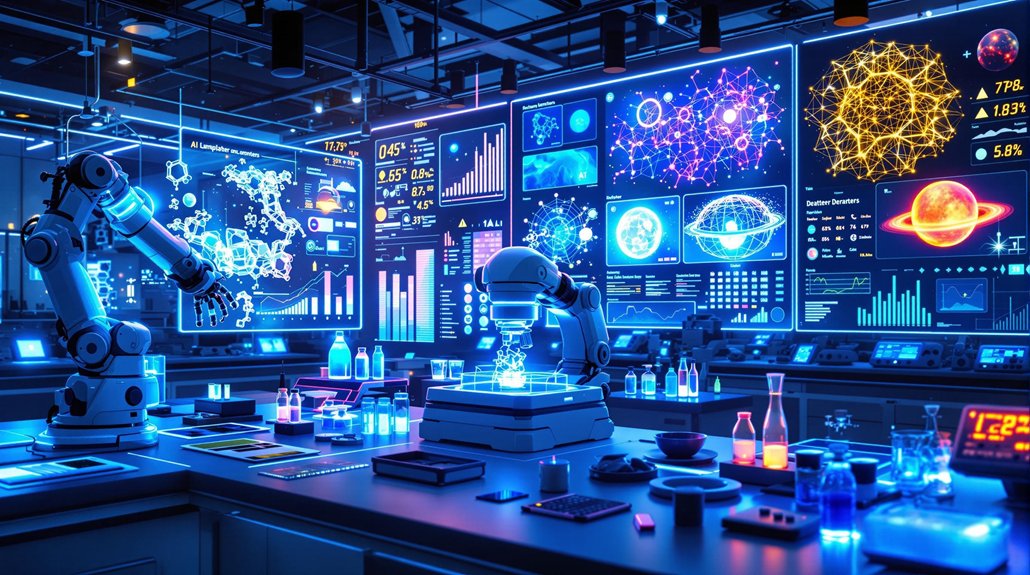The world of data analytics is changing fast. AI agents now perform tasks that once required human experts. Data scientists wonder if their jobs are at risk. Recent studies show that while AI excels at routine analysis, it can’t match human creativity and judgment. Companies are shifting toward teams where humans and machines work together. The question isn’t whether AI will replace analysts, but how the profession will evolve in this new landscape.
As the field of artificial intelligence continues to evolve, the relationship between AI agents and data scientists is quickly transforming the analytics landscape. These AI tools now handle many tasks that once required human expertise, such as data cleaning, visualization, and even basic machine learning model training.
AI agents act as digital assistants to data scientists, speeding up the time it takes to get insights from data. They can process huge datasets in real-time and find patterns that might take humans much longer to discover. This automation allows data scientists to focus on solving complex problems instead of doing repetitive work.
AI assistants transform data science work by handling routine tasks, freeing humans to tackle the truly complex challenges.
The role of data scientists is changing because of these new tools. Instead of spending hours coding, they’re now making more strategic decisions. They need strong business skills and must work well with teams across their organizations. Data scientists must also think about ethics and proper data handling more than ever.
One major benefit of AI agents is that they make advanced data analysis available to smaller companies. Organizations that couldn’t afford large data teams can now use AI tools to gain valuable insights. This helps close the gap between large corporations and smaller businesses.
Despite these advances, AI agents have limitations. They need human oversight to guarantee their decisions are trustworthy. They can develop bias in their analysis and often lack specific knowledge about certain industries. The five-step workflow from data collection to deployment still requires human judgment for complex business problems. Complex business problems still require human judgment.
By 2025, experts predict AI agents will handle about 80% of routine data tasks. This doesn’t mean data scientists will disappear. Instead, new roles like AI Agent Architect will emerge, and data scientists will need skills to manage these AI systems effectively. Studies have shown that AI automation leads to significant cost reduction while simultaneously increasing return on investment.
The future of analytics isn’t about AI replacing humans. It’s about creating workflows where people and AI work together, combining the speed of machines with human creativity and judgment. With AI possibly displacing 300 million jobs globally by 2030, analytics professionals must adapt by developing skills that complement rather than compete with artificial intelligence.









